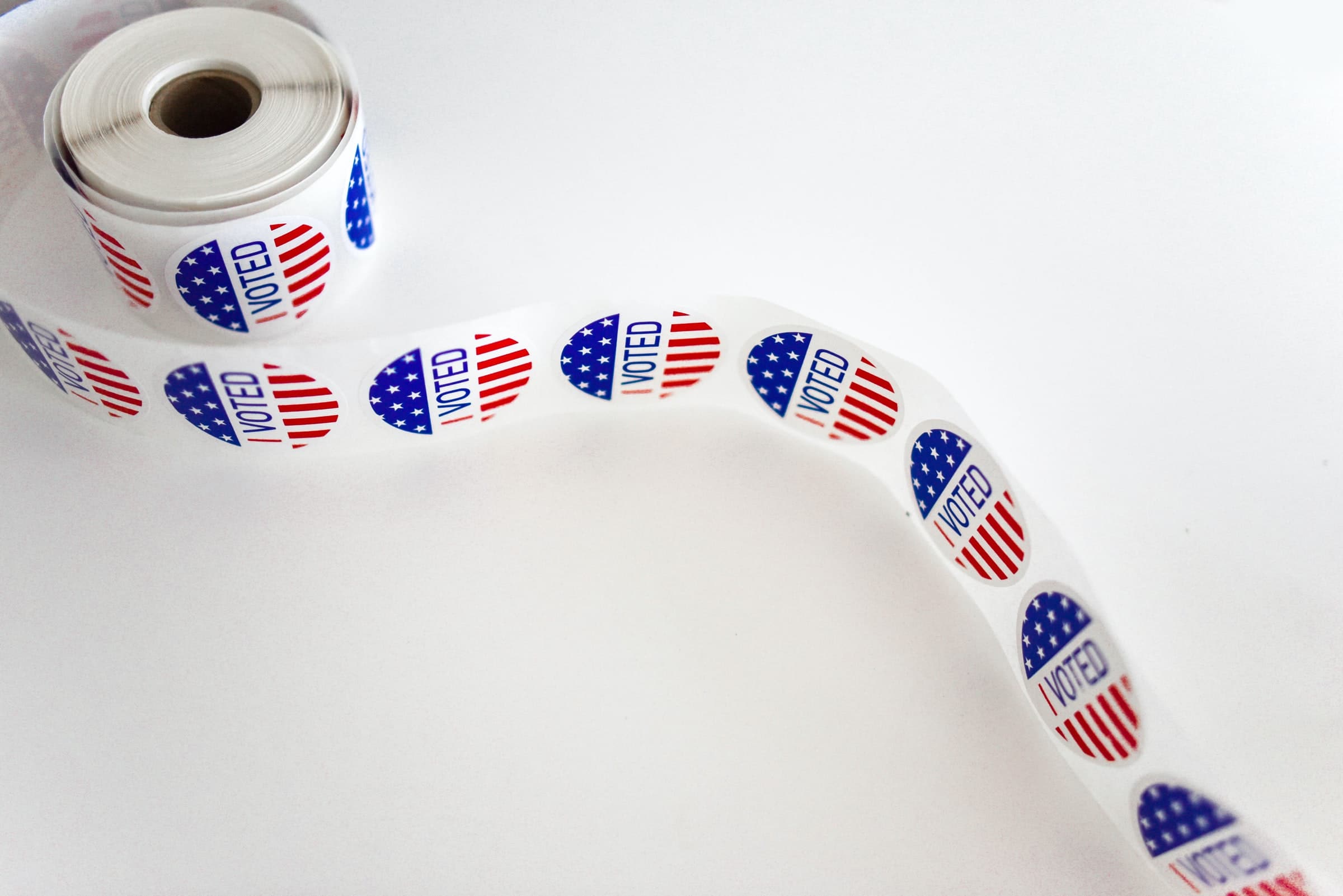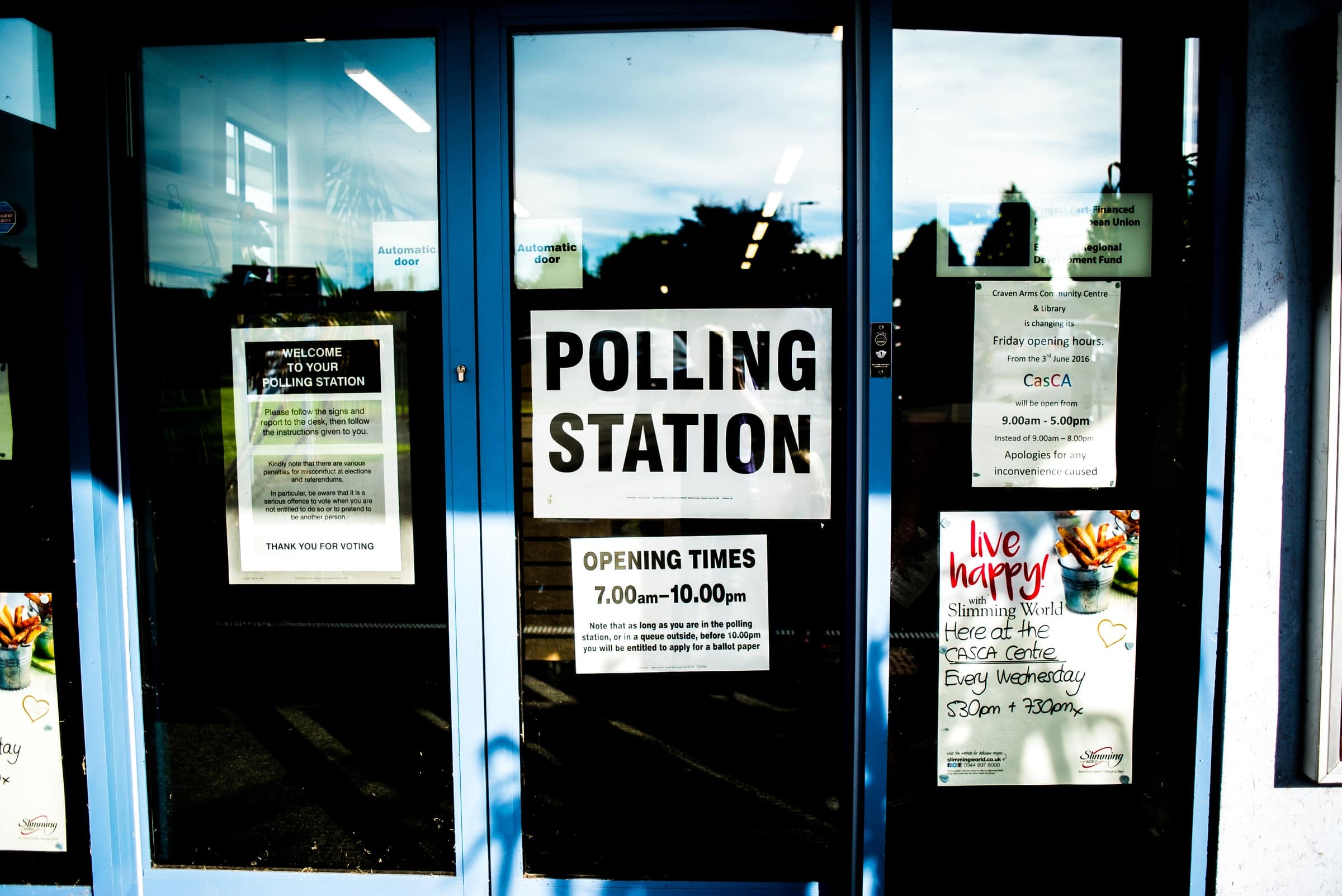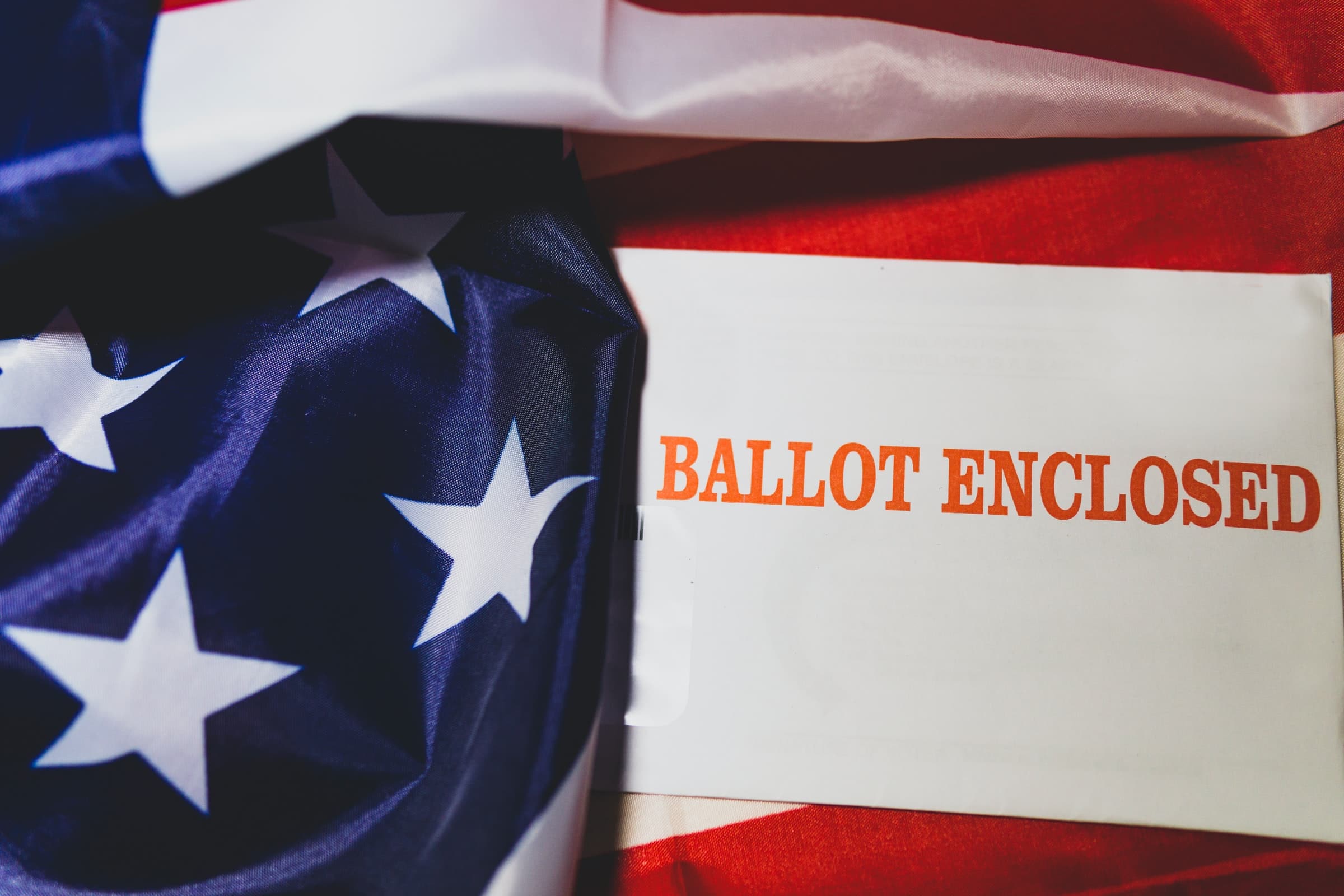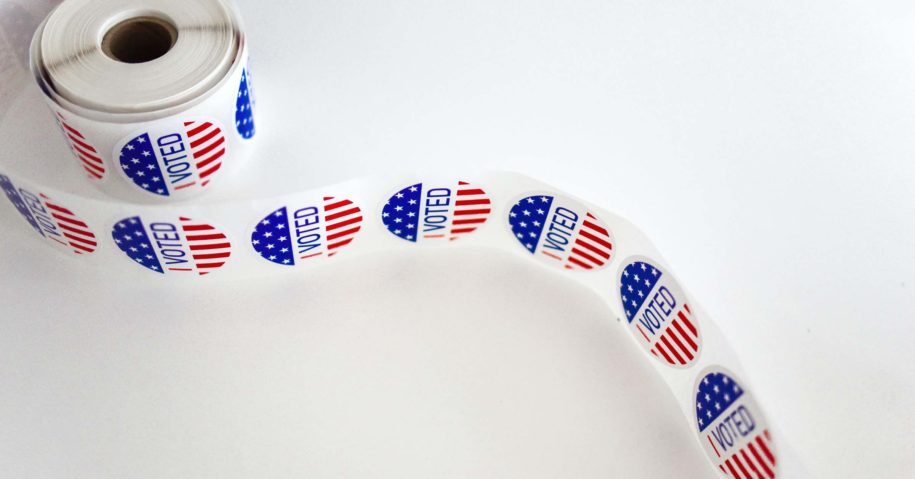What’s the Deal With HR1?

The For The People Act (commonly referred to as H.R. 1) was first introduced to the House of Representatives in January 2019. Two months later, the bill passed the House, yet was blocked from receiving a vote on the Senate floor. At the time, many questioned the need of reforming the voting/registration system, arguing overhauling it would be costly and largely unnecessary. However, this context quickly changed as the calendar flipped over to 2020.
Despite decades of epidemiologists warning of a looming pandemic, the United States was completely blindsided by the Coronavirus outbreak of early 2020. Very rapidly, life was changed dramatically for everyone, as the world desperately looked for means of fighting the virus. With the presidential election of November 2020, the United States had to figure out how to hold an election during a pandemic. Ironically, many of the reforms proposed in HR1 were tested on a national scale during this election, with mail-in voting and online registration becoming essential options for millions of Americans to cast their ballots.
Months after the election, and with a Coronavirus vaccine quickly being rolled out throughout the country, HR1 has been reintroduced into Congress. Much like two years before, the bill passed the House in early March, and has moved onto the Senate where it awaits voting. With this déjà vu, many may be asking: what really is HR1? Is it a bill strengthening the rights of Americans to vote, or is it unfairly giving one party an advantage? The answer – like everything in politics – is not so black and white.
The Pros and Cons of HR1

To break the For The People Act into clean pros and cons is nearly impossible. Many people would most likely agree with certain aspects of the law while strongly disagreeing with others. This is why so much conversation around HR1 has taken place, often being broken down by party. Yet, viewed under a microscope, the benefits and shortcomings of the For The People Act are not drawn on party lines.
As mentioned above, two of the largest reforms of HR1 have to do with mail-in voting and online voter registration. Mail-in voting was not new in 2020, in fact it has a storied history in the United States, being the main means of military personnel stationed abroad to cast their ballots for over 150 years. Yet, 2020 saw the practice come to extreme prominence in the election, with 46% of Americans claiming to vote by mail or absentee. So what is the problem with HR1’s reforms to mail-in voting?
It appears that the issue that many have is the notion that mail-in voting will be required and strongly enforced, which is simply untrue. According to Politifact, “The bill does not mandate voting by mail, but it aims to make it easier for voters to cast ballots by mail if they wish,” meaning the bill would codify the advancements of mail-in voting made in numerous states during the pandemic, while continuing to allow traditional in-person voting. Similar claims have been made about online registration, which also would not be mandated by HR1. The bill would aim to promote the option, which – according to the National Conference of State Legislatures – is already the norm in 40 states.
Like these two provisions, the law is filled with numerous smaller actions which are up to individual interpretation. Some of the most talked about aspects of the law are pre-registering 16- and 17-year-olds to vote (not lowering the voting age), restoring ex-felons’ right to vote, granting the District of Columbia official statehood, and making the purposeful misleading of voters right before an election a punishable crime. Each of these components would drastically shape coming elections, and whether they add to or detract from the system is mostly up to the opinions and beliefs of the individual.
Many publications have also drawn into question the reliability of the mandates of HR1, comparing the provisions of the law to the electoral chaos experienced after the November election. The Wall Street Journal’s Editorial Staff expressed concern over late-arriving ballots, which “if postmarked on time, would be valid nationwide for 10 days after Election Day.” As they state, this could continue the length of the election cycle, turning “Election Day into Election Quarter.”
Other concerns have been brought up by the ACLU, who have openly addressed concerns over aspects of the For The People Act both times it has gone through the House. The ACLU criticized two bills wrapped into HR1: the Shield Act and the Disclosure Act. They argue the Shield Act goes too far in preventing foreign intervention in the election, “If the governments of Germany, Canada, and France wanted to take out a nationwide advertisement… [explain the importance of the] Paris Climate Agreement, the Shield Act would forbid that speech.” Similarly, they argue the Disclosure Act – which would mandate organizations which donate $10,000 or more be publicly listed – would bring potential harassment to non-profit organizations.
The Bottom Line

HR1 has some undeniable positiveses, which would benefit all voters of all parties. And attempts to remove dark money and foreign influence from elections are quite commendable ventures. However, it cannot be considered a perfect bill; yet one must ask, if any law can be?
Put simply, one’s support of the For The People Act is dependent on multiple factors, however they can often boil down to party lines. What are listed as negatives in one publication are celebrated in another, and most Americans will find themselves somewhere in the middle.
While HR1 is by no means perfect, its reformations of the voting process only makes voting easier and more accessible to all Americans. No matter one’s party, more people taking part in the voting process means a stronger democracy for us all.

